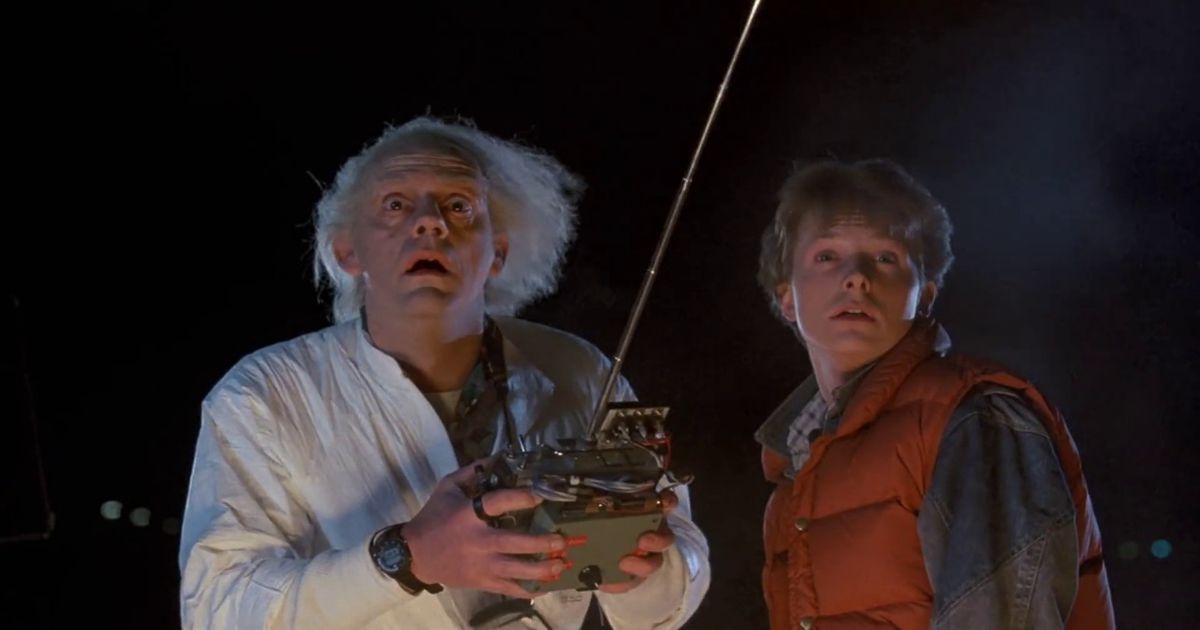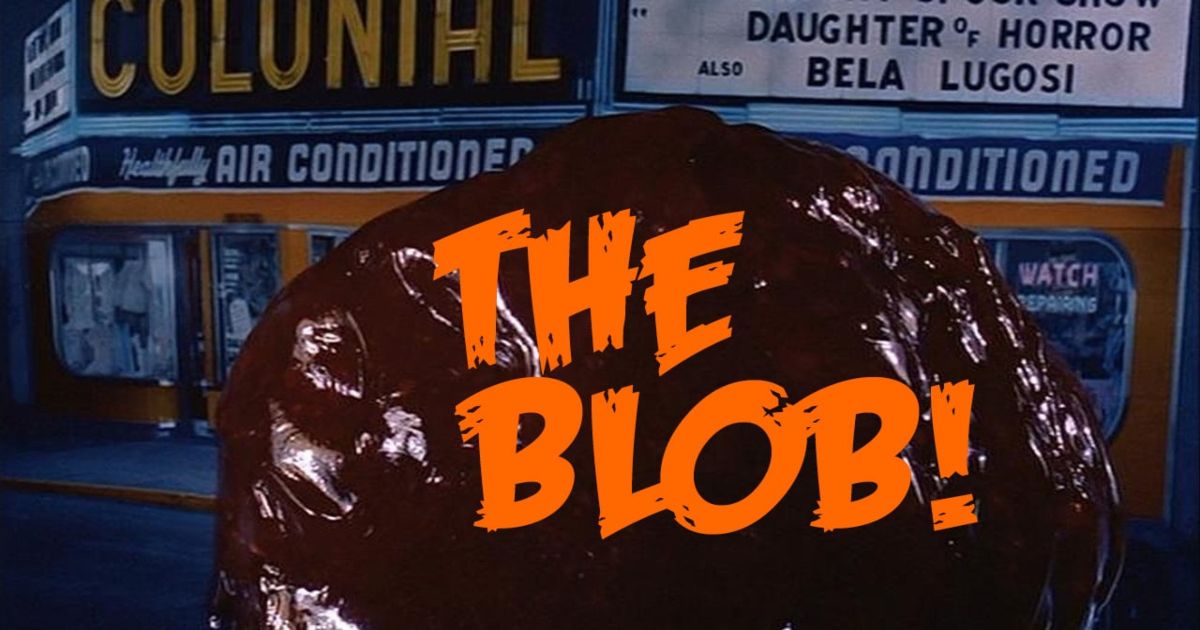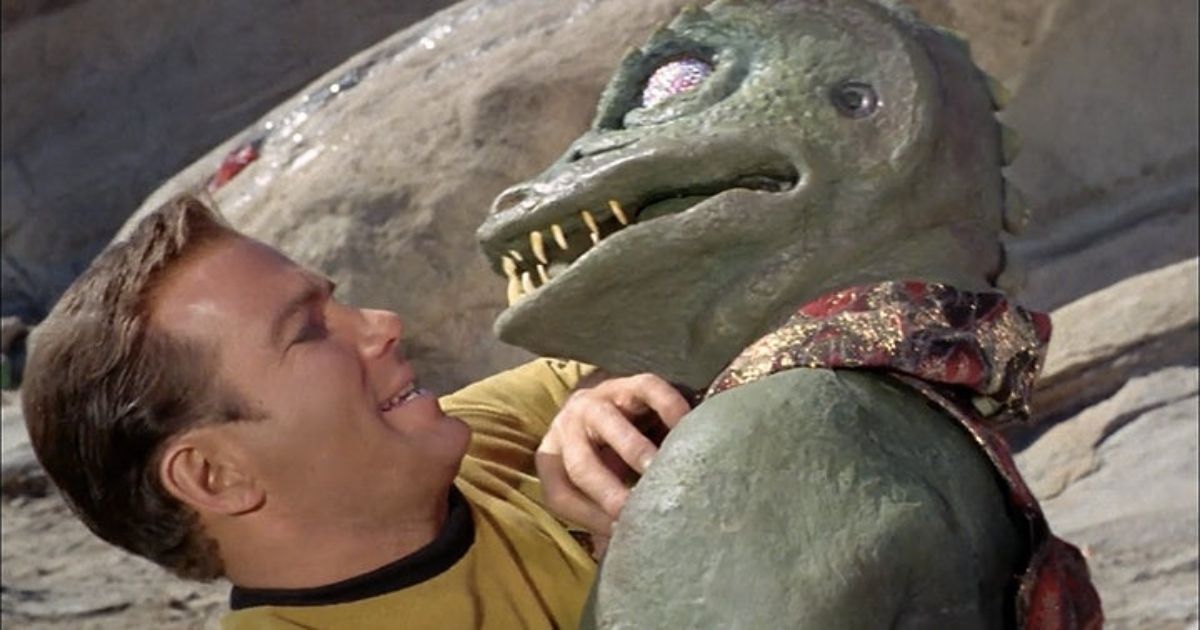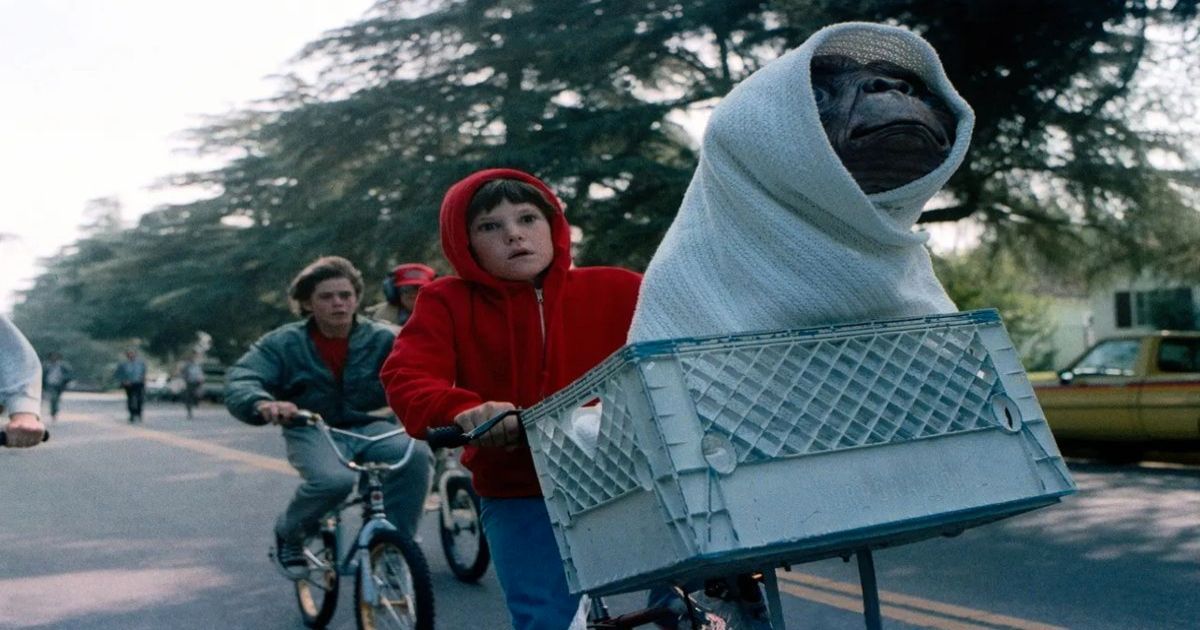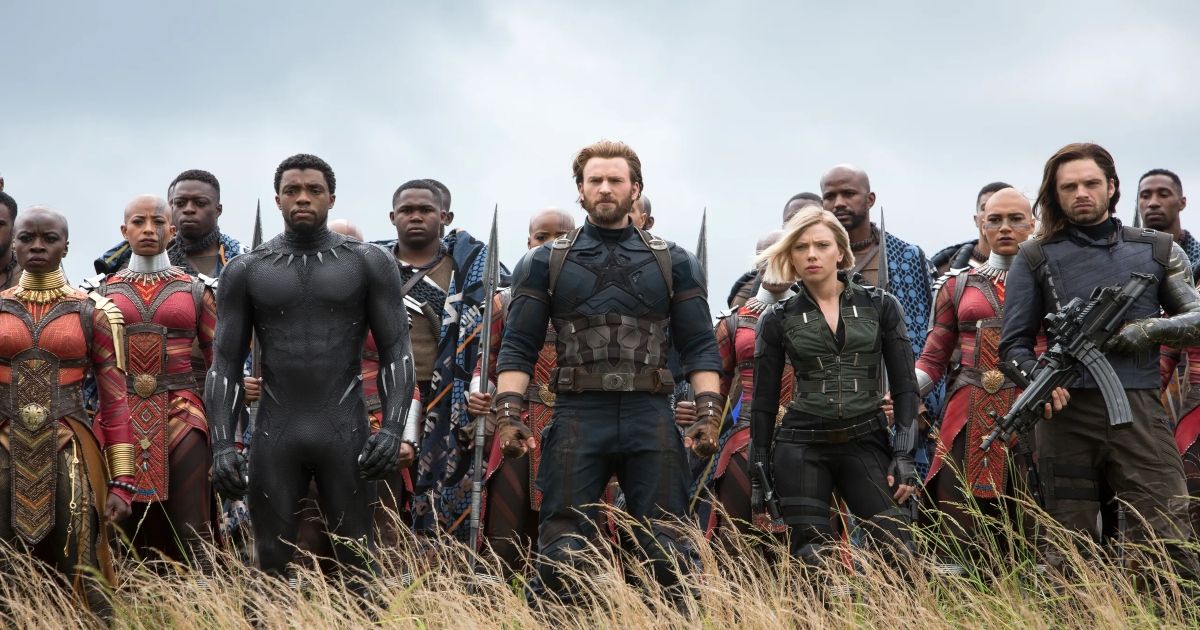Of all film genres, science fiction has perhaps seen the most growth over the history of the medium. Often heavy in visual effects, the progression of computer generated animation has done wonders for elevating the magnitude and spectacular nature of these fantastical works of fiction. Though the modern age of sci-fi can be home to some of the most inventive imagery and stories, the bygone-yet-beloved era of the genre still has its deep roots of influence, albeit from a simpler time.
Whether it be about a boy and an extraterrestrial becoming friends, or a half-man half-robot police officer, there's something special about the uncomplicated side of things. Unforgettable stories of both small and large scale that can be appreciated by everyone, and don't require repeated viewings or knowledge of a preexisting source material.
One such film, Back to the Future, has soared high above other family adventures in both quality and timelessness, and while it isn't the first movie to utilize time travel, there are very few people who would overlook the 1985 hit while on the topic of science fiction. Though what differentiates more contemporary sci-fi outings from these simplistic and original movies, the ones that redefined the very genre? Perhaps to answer that, we have to go back even further, to see where the true inspiration lies.
Inspiring the Inspirational
While films such as Back to the Future may stand on their own as narratives built upon a purely original structure, they aren't without their list of inspirations, thanks to a slew of wonderful sci-fi movies before the Star Wars era of the late '70s and early '80s. The '50s and '60s were ripe with tales of astonishing creativity, with legendary such as The Blob and Attack of the 50-Foot Woman being just two of the countless films made to capitalize on the temptation to see just how far imaginations could go.
It was the time of new and exciting creatures who wreaked havoc, of deep-voiced announcers warning the viewers of being "eaten alive," and for children to receive their fascination in the absurd and limitless potential of science fiction. The foundation was set by these corny and easygoing flicks, delivering with them an instruction book on how to have fun with an audience, while still keeping them on the edge of their seats.
While many of these ideas have since become dated, some have stuck around by being rebooted, and there's no better place where the change in style within science fiction can be seen than when comparing a remake of an old franchise with what may be its biggest inspiration: itself.
What Goes Around
There's no avoiding it: if a franchise was once popular, it's bound to be brought back in some form through reboots, spinoffs, or sequels. The same can be said for works within the science fiction genre, with classic television shows such as Star Trek and Doctor Who getting long-awaited continuations, hoping to relight the spark that brought the franchises massive popularity to begin with. With the advent of modern technology in lieu of wonderfully bad special effects, these revivals can breathe new life into dormant series, adding a layer of complexity and awe to what was once just costumed aliens on cardboard sets.
Along with all the fancy new effects comes a sense of growth in writing and characters, with the relatively basic tales of adventure being phased out for more introspective and complicated stories. What may have entertained audiences in decades past isn't without modern fans, though most who decide to tune in do so out of a sense of endearment or of nostalgia these days rather than genuine fascination. High concept stories we may witness in films like Interstellar are miles beyond any film endeavors of the '50s and '60s, though it nonetheless couldn't exist without them.
Fun First, Logic Later
Audiences are harder to fool these days, and goofy scripts with campy ideas no longer have as much of a place in science fiction as they may once have had. With practically all cinema available to be looked up on the internet, studious viewers may find that they've "seen it all," with it taking a lot more effort from a movie's writing and production to impress. Though as we move our attention into the 1980s, an iconic age awaits us, one where it mattered less to make sense, and more to have fun. Ideas were found to be more memorable and last longer in the public discourse than what may have been meticulously put together with logic in mind, though movies that have painstakingly detailed concepts still have their place within the genre.
Maestros of the age such as Steven Spielberg had created a legacy of their own with this mentality, wanting to bring forth easy-to-digest ideas for all ages to enjoy rather than bogging down general audiences with details and extravagant world-building. It didn't matter that the alien looked fake, or that time travel doesn't make sense, as it's all in good fun.
Though we've highlighted many traits of modern science fiction that have since become more elaborate, there's one type of film in particular that still maintains the nonsensical nature of ages past, while still providing a modern type of complexity in other ways. Movies that, while containing simple stories and characters, cannot be fully enjoyed without a wider commitment. These films reside in the highly marketable world of the "cinematic universe", with superheroes being far and beyond the most popular example.
The New Age of Sci-Fi
While there are of course many examples of modern science fiction that aren't featuring caped crusaders and web-slinging teenagers, the immense popularity of the Marvel Cinematic Universe has ushered in an era of the genre yet unseen. Nearly gone are the original concepts and standalone adventures that would become their own franchise, or inspire more to come.
Instead of these, many flock to the next entry of an established universe, treating them less like individual movies and more like an ongoing story told over many releases. While the MCU is not an inherently bad idea, its effect on allowing new films not inspired from comic books to flourish in the box office can be seen as suffocating for those uninterested in viewing a 20+ movie backlog. Not everyone may want to catch the new Marvel release, but as long as money is being made, everyone will be made aware of it.
Luckily for die-hard fans of science fiction films, there will always be a bevy of past releases to go back to and enjoy for their own merits, easily viewed through streaming services or home releases. These movies, such as Back to the Future, may not be the kind of complex stories we'd see these days, but their influence still echoes even within other genres. There's a fun, pure kind of entertainment to these classics, which aren't burdened by realism, immense psychological depth, complicated technology, or a massive franchise infrastructure. Though perhaps forced to take a backseat to the next big Marvel release, these imaginative and original stories are still out there as long as we take the time to look.

